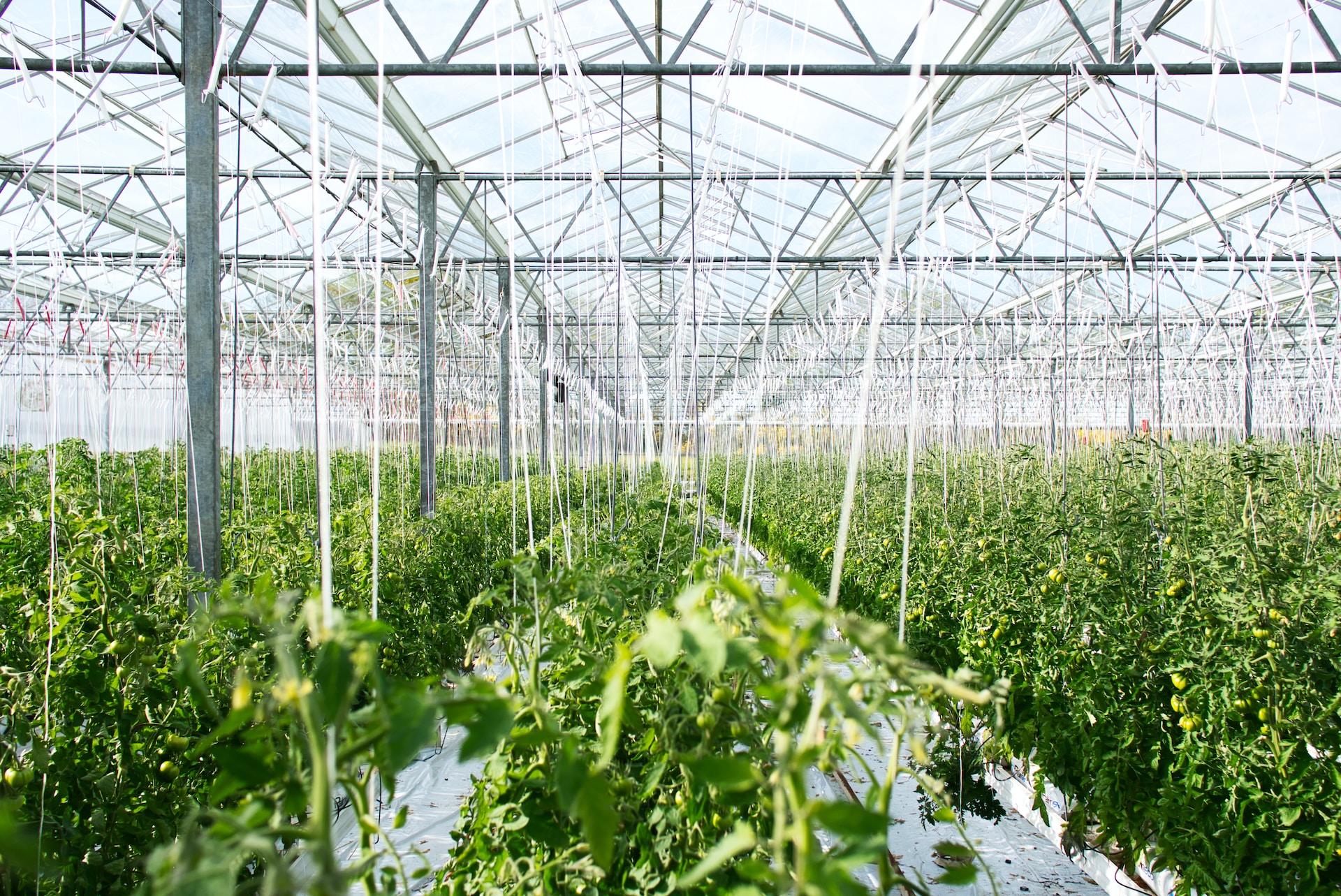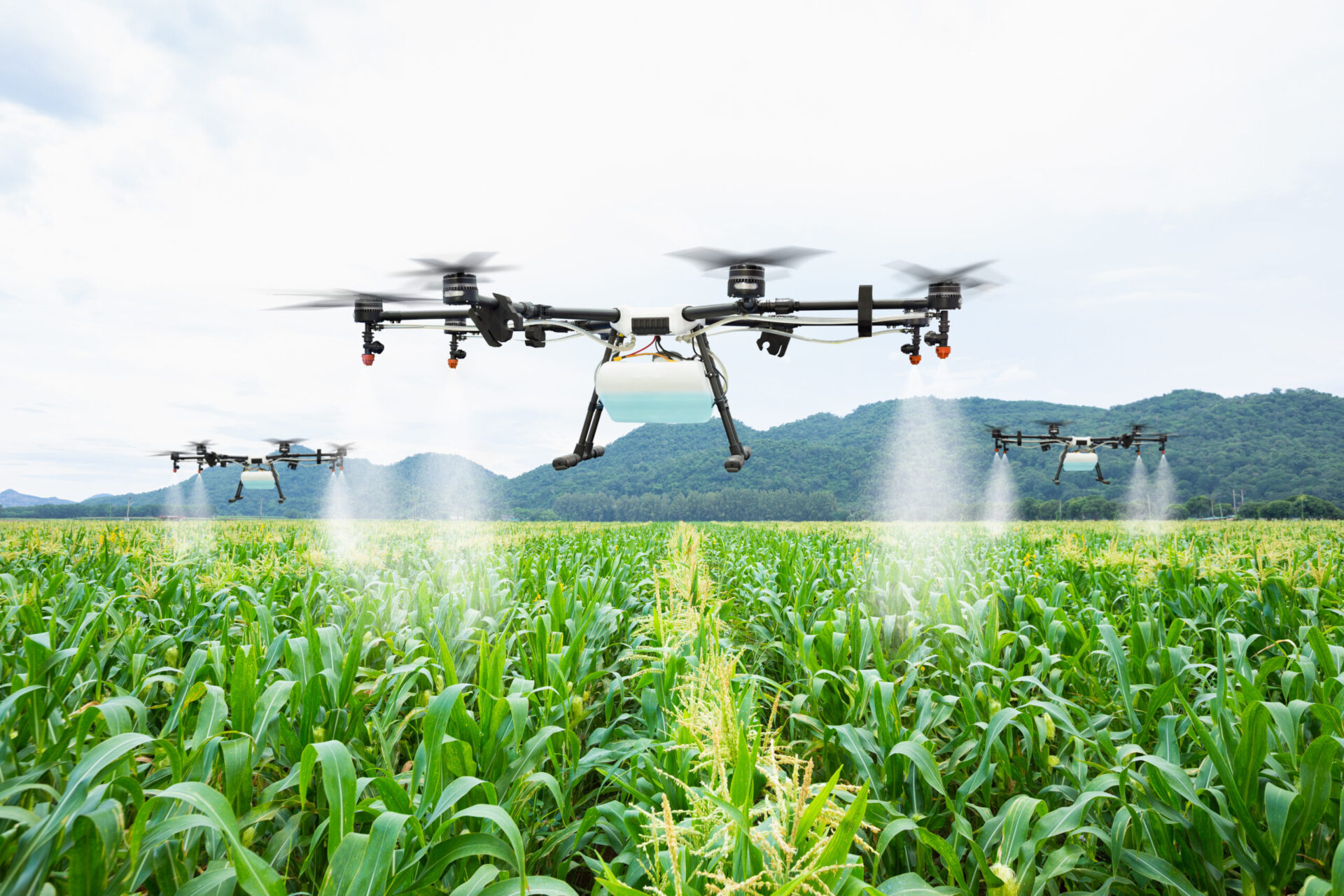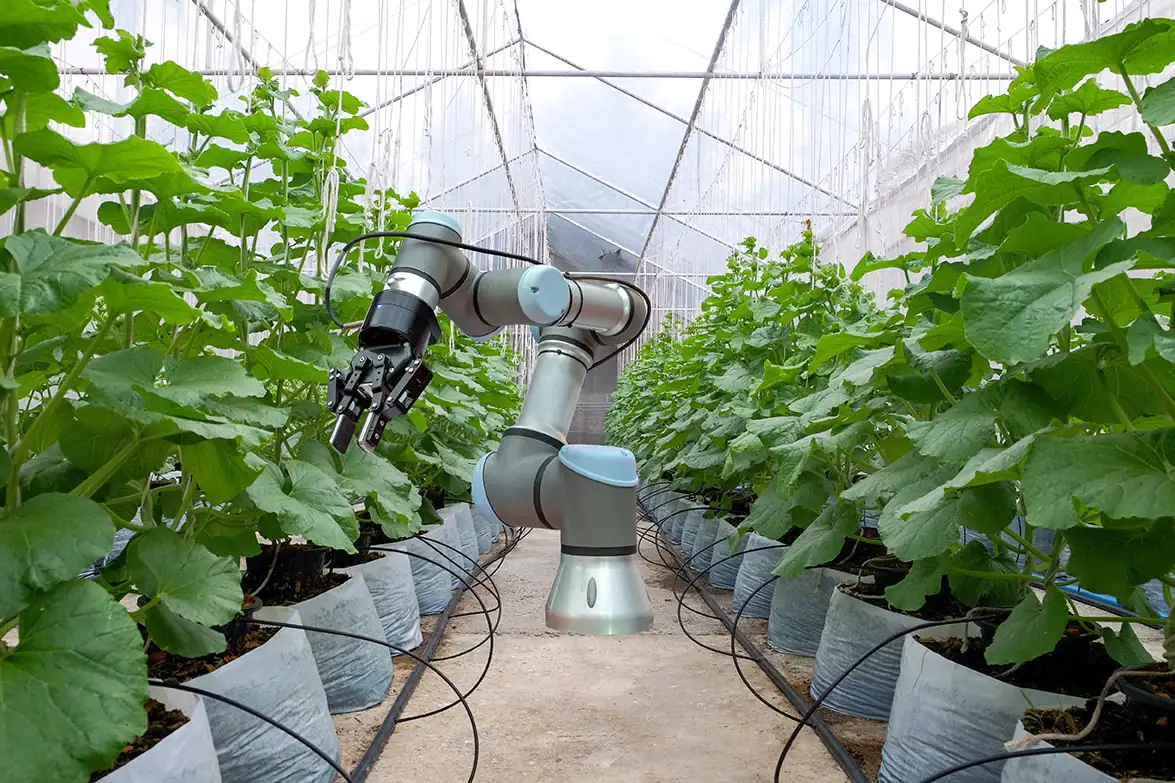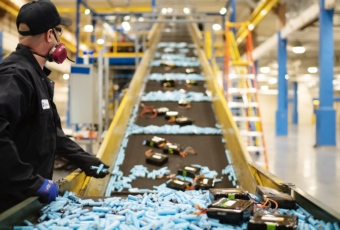Agriculture is an essential industry that sustains global food production and addresses the growing demand for nourishment. In recent years, agritech, the fusion of agriculture and technology, has emerged as a game-changer, revolutionizing traditional farming practices. By harnessing the power of innovation, agritech offers a range of advanced solutions to increase productivity, improve sustainability, and enhance overall efficiency in the agricultural sector.

Agritech Improves Sustainability
One of the key areas where agritech is making significant strides is precision farming. Through the use of sensors, drones, and satellite imagery, farmers can gather precise data on soil conditions, moisture levels, and crop health. This data-driven approach enables targeted resource allocation, optimizing the use of fertilizers, water, and pesticides. By applying these inputs only where necessary, farmers can minimize waste, reduce environmental impact, and maximize crop yields, thereby ensuring sustainable agricultural practices.
Another exciting aspect of agritech is the integration of Internet of Things (IoT) devices in agriculture. IoT devices, such as smart sensors and automated irrigation systems, allow farmers to monitor and control various aspects of their operations remotely. Real-time data on temperature, humidity, and plant growth can be accessed through smartphones or computers, enabling farmers to make informed decisions promptly. This connectivity not only saves time and labor but also facilitates timely interventions, ultimately leading to better crop management and increased profitability.
Agritech is also revolutionizing livestock management. Innovative technologies like wearable sensors and RFID tags enable farmers to monitor the health and behavior of their animals more effectively. By collecting data on factors such as body temperature, heart rate, and feeding patterns, farmers can identify potential health issues early on, prevent disease outbreaks, and optimize feeding regimes. Furthermore, automated systems for milking, feeding, and waste management streamline operations and enhance animal welfare, ensuring sustainable and efficient livestock production.

It Will Improve Food Farming (Shutterstock)
In addition to improving on-farm practices, agritech is fostering connectivity and collaboration throughout the agricultural value chain. Online platforms and mobile applications connect farmers, suppliers, and buyers, facilitating seamless transactions and knowledge sharing. Farmers can access market information, receive advisory services, and even sell their produce directly to consumers through e-commerce platforms. These digital marketplaces empower farmers, reduce dependency on intermediaries, and promote transparency, leading to fairer pricing and improved economic outcomes.
As the world population continues to grow, agritech presents a promising solution to feed the planet sustainably. By leveraging cutting-edge technologies such as artificial intelligence, robotics, and big data analytics, agritech has the potential to overcome the challenges faced by conventional agriculture. From optimizing resource utilization to promoting climate-smart practices and improving supply chain efficiency, agritech is paving the way for a more resilient and productive agricultural sector, capable of meeting the global food demand while safeguarding our planet’s precious resources.
In conclusion, agritech holds tremendous promise for transforming the agriculture sector. By embracing technological advancements and integrating them into farming practices, we can achieve higher yields, reduced environmental impact, and improved livelihoods for farmers. As we navigate the challenges of the future, agritech will undoubtedly play a vital role in ensuring a sustainable and food-secure world.

Robots And AI Will Be Involved (Visit Dubai)







